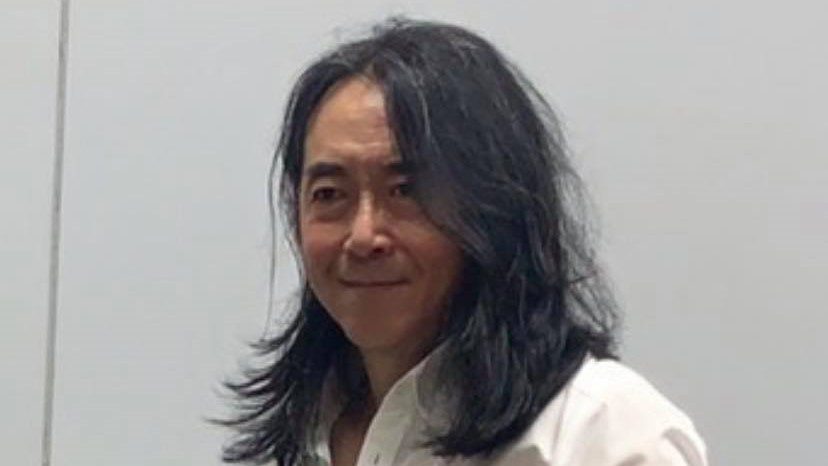Professor Chaiyan Chaiyaporn has become a champion for supporters of the monarchy after winning the most recent legal dispute concerning Thailand’s highly debated history.
Chaiyan, a senior lecturer in political science at Chulalongkorn University (CU), recently emerged victorious in a well-known defamation case filed against him by Asst Prof Nattapoll Chaiching, deputy dean of Suan Sunandha Rajabhat University’s Faculty of Humanities and Social Sciences.
Nattapoll’s 2022 lawsuit alleged that Chaiyan had been repeatedly defaming him on Facebook by asserting that there were numerous inaccuracies in his CU doctoral thesis on politics during Field Marshal Plaek Phibunsongkhram’s reign, as well as his two books based on the thesis.
Chaiyan claimed that certain references were founded on non-existent sources and were an effort to “misrepresent history” and stir up animosity toward the Thai monarchy.
The professor, who heads Chulalongkorn’s research program, brought to the university’s attention 31 references that he believed were inconsistent and inaccurate in the thesis.
Academic responsibility
The Criminal Court acquitted Chaiyan on March 5 on the basis that he was exercising his lawful right to freedom of speech when commenting on the plaintiff’s thesis.
The court also decided that as a seasoned scholar who specializes in scrutinizing dissertations, Chaiyan has the academic right to present “the other side of the story” in the pursuit of historical precision, especially with regards to deceased individuals who can no longer refute inaccuracies.
Following the court's ruling, Chaiyan stated that Nattapoll’s thesis and the books derived from it had harmed the monarchy by asserting that the late King Bhumibol Adulyadej “enthusiastically sanctioned” a military coup supported by Field Marshal Plaek. He mentioned that specific references cited to support that assertion were found to contain no such information.
“I have been a thesis adviser at Chulalongkorn University since 1992 and have dealt with hundreds of dissertations. I am stringent in ensuring factual accuracy to prevent potential academic harm,” he commented.
Academics are obligated to verify the truthfulness of the sources they use to substantiate their arguments and statements, he noted. He explained that it is often challenging for students and non-experts to independently verify citations, as references may not be accessible in Thailand or on the internet.
“You must be answerable not only to academia but also to the general public,” he stressed.
Monarchist, not royalist
Chaiyan, a 64-year-old professor with recognizable long hair, rejects being categorized as a “royalist academic” but acknowledges that he is a monarchist who believes the institution should be upheld in Thailand.
Nevertheless, he also encourages public discussions on which political system is most suitable for Thailand.
As a political scientist, he questions the wisdom of abandoning the constitutional monarchy after 90 years, following the 1932 Siamese Revolution, and “starting anew” with a presidential system – whether modelled after the United States or France.
“Starting from scratch would introduce a lot of uncertainties. Choosing between the US and French systems would be a major issue. How long would it take for us to arrive at a decision?” he inquired in an interview with The People three years ago.
“When it comes to political institutions, I believe we should keep the current system [constitutional monarchy]. Changing it would come with a cost. If you want to make a change, do you have a specific alternative in mind?”
Chaiyan was born on September 18, 1959, and attended Assumption College before obtaining a bachelor’s degree in political science from Chulalongkorn University.
He earned his master’s degree in the same field from the University of Wisconsin, and then completed a doctorate in political philosophy from the London School of Economics and Political Science.
He teaches political theory and philosophy at Chulalongkorn University’s Faculty of Political Science and has also been a special lecturer at several other universities, including Thammasat, Rangsit, Chiangmai, and Ramkhamhaeng.
Chaiyan has also written numerous books, research papers, and academic articles on Thai politics, democracy, and the monarchy, among other topics.
He recently received the recognition of being the outstanding researcher in political science and public administration for 2024 by the National Research Council of Thailand.
Act of protest
Chaiyan is famously known for tearing up his ballot paper during the April 2006 general election to show his opposition to the then-prime minister Thaksin Shinawatra’s dissolution of the House of Representatives to avoid a censure debate following the controversial tax-free sale of his family’s shareholding in telecom giant Shin Corp.
The academic stated that Thaksin’s House dissolution was “undemocratic” and the snap election was meant to “whitewash” his wrongdoing.
Chaiyan was arrested at the scene of his ballot protest. He was later acquitted by a court in 2010, but was then found guilty of property damage by the Court of Appeals. This resulted in a two-month suspended jail sentence, a fine of 2,000 baht, and a five-year ban from voting. The verdict was later upheld by the Supreme Court.
Chaiyan’s Chulalongkorn University office wall displays a framed photo of him tearing up his ballot paper at a voting station, which was clipped from a newspaper front page.
By Thai PBS World’s Political Desk









